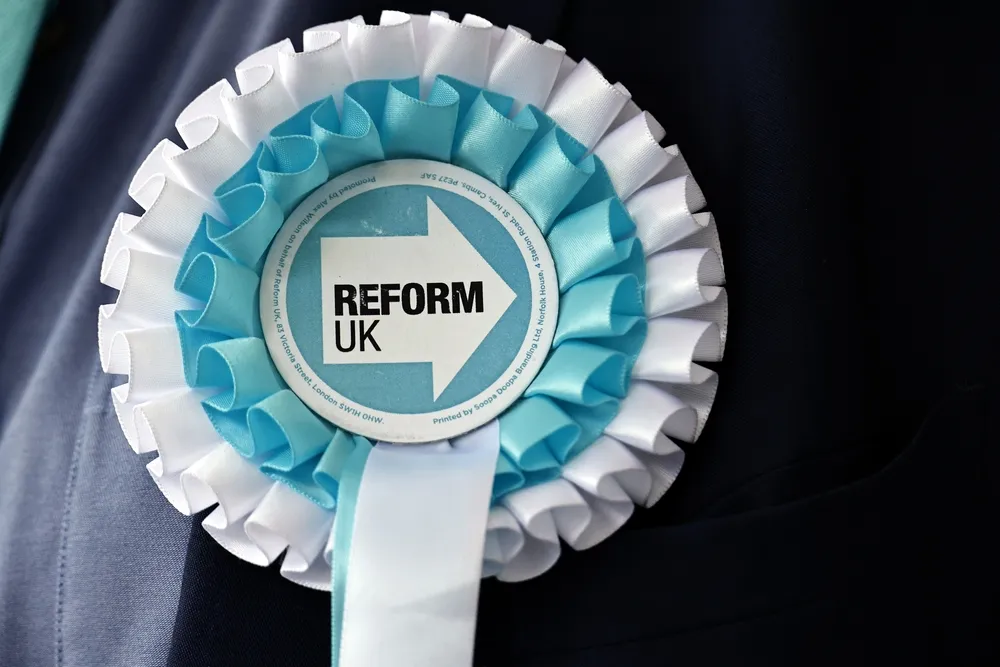As LGC research finds Reform’s high profile Doge team has visited just three councils, LGC editor Sarah Calkin asks if the work is quietly being retired
Today’s top news and views:
Reform UK’s plans for a department of government efficiency were launched with much fanfare after their success in the local election campaign.
Modelled on Elon Musk’s slash and burn approach at the US Doge, the promise was it would identify wasteful spending in the 11 councils controlled or led by Reform following this May’s local elections.
As LGC’s exclusive investigation reported yesterday, the reality has been somewhat different with just three councils having been visited by the Doge team and no outputs to date beyond a few social media posts claiming to have found wasteful spending, which proved to be historic issues identified by Kent CC’s audit committee.
It didn’t take long for signs to emerge that it might not be quite that simple. The first head of Doge, a tech entrepreneur by the name of Nathaniel Fried, jumped ship at the earliest opportunity when Zia Yusuf, who had brought him in, resigned as Reform chair.
Mr Fried told The Times that he thought you could “move the needle a little bit with cutting some stuff” in councils, but that “there needs to be a revolution in local councils in modern technology to make their jobs easier.”
Since then there have been no high profile hires to the team that Mr Yusuf originally said would “use cutting edge technology and deliver real value for voters”.
When LGC asked Reform this week for details of how many staff were currently in the Doge team or working on the project, they declined to say. Meanwhile, Mr Yusuf, who was made head of Doge when he was brought back into the party leadership, now combines the role with the position of head of policy. This was described as a promotion when it was announced.
There was scarce talk of Doge at Reform’s conference earlier this month, with Mr Yusuf failing to mention it at all during an ‘in conversation’ session about his work for the party.
To be clear Reform says the work of Doge “goes beyond the visits and is ongoing”. For recent activity they pointed to the announcement from deputy leader and MP Richard Tice about alleged waste in the local government pension scheme.
However, when it comes to work in individual councils there is no evidence of significant impact as a result of the national team.
In its first council visits, Doge requested access to significant amounts of council data, something that was resisted by senior management over data protection concerns.
In July West Northamptonshire Council, one of the three visited by Doge, approved a review of information sharing arrangements to allow the Doge team to start work. The team is yet to start work.
But though the Doge team may not be able to access the books, Reform’s elected councillors who are now in charge can.
Kent CC has set up its own Department of Local Government Efficiency, or Dolge, and claims to have found millions in savings. And although there are some significant differences in policy at Reform councils, most notably on net zero, it is not clear is how this is different to the process of identifying savings and setting a budget every other council is going through right now.
Few councils will not have some pockets of inefficiency or spending that could be better directed, but the idea behind Doge – that there was huge amounts of wasteful and profligate spending taking place in local government was always going to prove to be false.
As a result Doge was always going to be dead on arrival.
